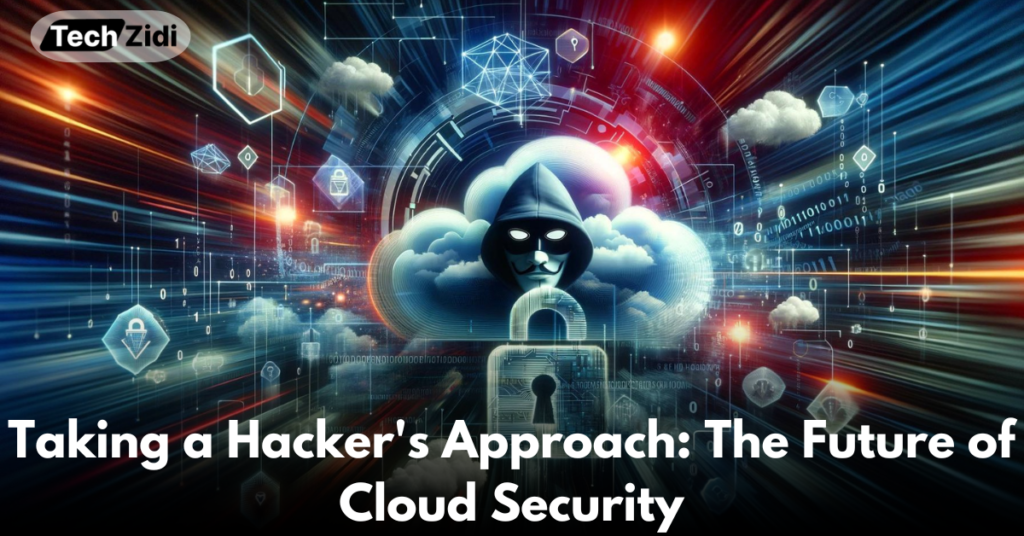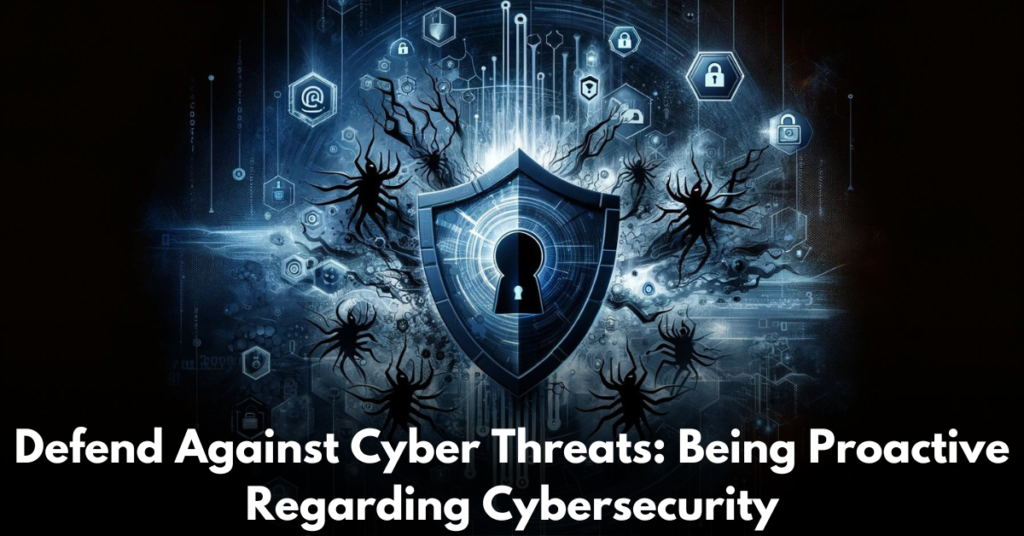Taking a Hacker’s Approach: The Future of Cloud Security
Anshu is the CEO of CloudDefense.AI, advocates for approaching cloud security from the standpoint of a hacker. Reconnaissance has two types: passive and active. Social media profiles or website registrations are examples of publicly available information about a target that can be used for passive reconnaissance. On the other hand, scanning for open ports or phishing attempts are examples of direct interaction with a target that can be used for active reconnaissance.
Role of Ethical Hackers and Threat Data Feeds
Adopting a hacker’s perspective allows organizations to proactively identify vulnerabilities in their cloud infrastructure and take appropriate measures to mitigate them. Active recon allows organizations to gain a deeper understanding of their vulnerabilities and potential entry points for attackers, enabling them to proactively patch and strengthen their defenses, reducing the risk of successful cyberattacks. This proactive approach can provide valuable insights and help companies stay one step ahead of malicious actors, ultimately enhancing their overall security posture.
Ethical hackers, also known as white-hat hackers, can provide unique insights by identifying and mitigating potential security risks. Threat data feeds give organizations real-time information about possible threats and holes in their defenses. Modern cloud security tools make it easy for companies to protect their most important assets from security holes. These tools look for holes in apps and cloud systems and keep them safe.
Combating Living Off the Land (LOLB) Attacks
Pilot projects, ongoing measurement, and strategic adaptation are needed to make this point of view work in the real world. To stay ahead in protection, businesses can guess where hackers might get in and how they might attack. This makes hackers less likely to want to attack them.
Living Off the Land (LOLB) attacks occur when threat actors exploit utilities that are readily available in the target organization’s digital environment. To combat these threats, Anshu emphasizes the importance of self-learning AI technology, which can enhance cloud security from a hacker’s perspective by identifying and mitigating LOLB attacks in real time.



